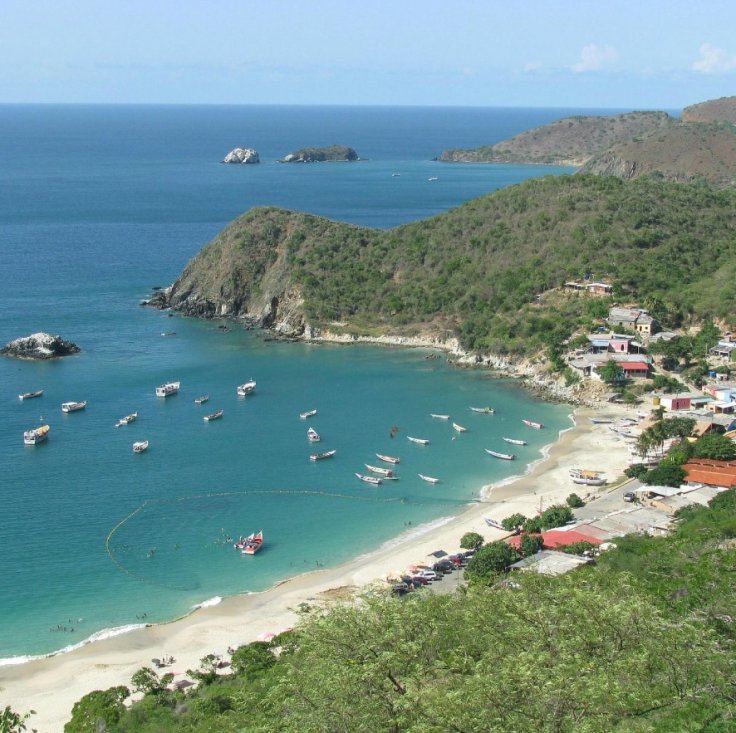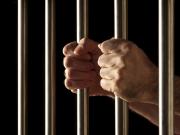The US has renewed its "do not travel" warning for Venezuela, advising American travelers that their government "cannot provide emergency services to U.S. citizens" in case of trouble. Officials blamed the notice, the most severe issued by the Department of State, on civil unrest, a "slide towards dictatorship," ongoing threats of terrorism, and anti-American sentiment.
"Violent crimes, such as homicide, armed robbery, kidnapping, and carjacking, are common in Venezuela," the agency added, warning there is no guarantee on the lives of travelers. The threat is so severe that the U.S. government advises travelers who insist on going to first "establish a 'proof of life' protocol with your loved ones."
Think Before You Travel to Venezuela

"If you are taken hostage, your loved ones know specific questions (and answers) to ask the hostage-takers to be sure that you are alive (and to rule out a hoax)," officials explained.
"The Department has determined there is a high risk of wrongful detention of U.S. nationals in Venezuela. Security forces have detained U.S. citizens for up to five years," the agency added, warning that the American government is rarely notified or allowed access to incarcerated nationals.
Hundreds of thousands of Americans typically travel to Venezuela each year.
The country is known for its miles of largely undeveloped Caribbean coastline and pristine adjacent islands.
Those numbers started to decline sharply after Nicolás Maduro took power following the death of Hugo Chávez in 2013.
Political Unrest in Venezuela

Regarding the most recent election, the State Department stated that Maduro "illegally claimed the presidency of Venezuela, despite global condemnation of a rigged election" and is steering the country towards dictatorship.
Like Chávez, Maduro is strengthening "alliances with outside nations including Cuba, Russia, Iran, and China, further repressing the Venezuelan people."
The new warning, initially issued in 2019 when the U.S. began withdrawing personnel from Venezuela, was reissued on May 13.
It comes ahead of a July election, which is critical for the fate of the South American nation.
"Political rallies and demonstrations occur, often with little notice. Anti-Maduro demonstrations have elicited a strong police and security force response," the department added, "including the use of tear gas, pepper spray, and rubber bullets against participants.
These events "occasionally devolve into looting and vandalism," they said.
Additionally, Venezuela is experiencing severe shortages of water, gasoline, electricity, and medicine. Moreover, terror groups from neighboring Colombia are highly active in the border regions.









